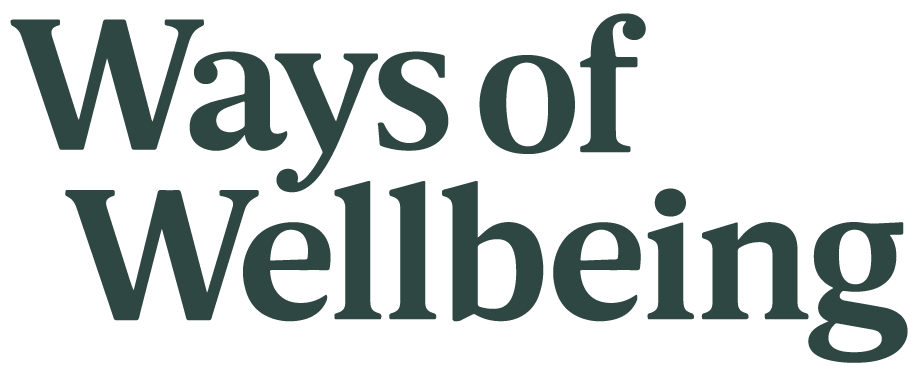Connection.
Whilst an agreed definition of wellbeing has not yet been conclusively established, a widely recognised definition is “how people feel and how they function both on a personal and social level, and how they evaluate their lives as a whole” (Mental Health Commission of NSW, 2017). Wellbeing is a multi-dimensional construct, the specific components of which are still being debated, but connection has been consistently recognised as overwhelmingly important to how people feel and function. Our sense of belonging, connection to others, and interpersonal relationships are a key ingredient to boosting our wellbeing and resilience. The associated benefits of positive connections with others have been found to correlate with a range of psychological and physical benefits, such as improved life satisfaction, reduced stress, reduced incidence of mental illness, improved disease recovery, and increased longevity.
In Johann Hari’s book “Lost Connections” he takes a broad view of “connection”, outlining the ways in which humans have in recent decades disconnected from self, from others, and from the world around us. He presents thought provoking examples that demonstrate how societies have disconnected from work, from other people, from meaning and values, and from nature. Loneliness and social isolation are increasingly common in modern societies, and with rates of depression and anxiety on the increase, we need to look beyond the psychopathology of mental illness to how the way in which we live our lives deeply effects our mental health. We need to explore opportunities for “reconnecting” with ourselves and others through the ways in which we live, through what we do. Even brief moments of connection can offer significant benefits to our health and wellbeing. Sometimes known as micro-moments of connection they could include: taking a walk outside with a friend at lunch, offering a small act of kindness to another, actively listening when in conversation, even a warm smile to a passer-by. These are small actions, but they make a difference, they connect us.
The scientific evidence supporting the link between connection and wellbeing is well substantiated. In fact, connection and social relationships has been found to be the single most important determinant of life satisfaction and resilience. But beyond the science, there is a simple truth. People have a deep need to belong. Finding ways to live our lives that strengthens our connection as people and as societies is to be innately human.

